Three members of Agrupament Escolta i Guia Mare de Déu de Núria, a Catalan Scout Group, tell us about their one-week trip to Lesvos to get firsthand knowedge on the tragedy of refugees.
What took you to Lesvos? What encouraged you to do volunteering in a place like that?
R: For quite a while we were very concerned about the devastating drama of refugees there. An acquaintance of ours had been volunteering in Lesvos twice. Olga was giving a speech and Guillem and I went to it. There she explained first-hand what the situation was and told us they needed help, and that there was enough place and work for everyone.
After the session, Guillem and I looked at each other and said: why not? It was a shared impetus. Once we got back home we talked about it with our family, who encouraged us to go, and started looking for information. We were excited, we felt really alive. Pau also felt the need to help and decided to join. Another person would have come but didn’t have enough savings. We were leaving in just six days.
Once you were determined to go on the trip, how did you prepare both logistically and emotionally?
G: To be honest, it was all quite quick and we could barely believe it until we boarded the plane to leave. At a logistical level, we contacted some Catalans on the island who Olga put us in touch with. They were volunteering at Lighthouse, one of the aid camps set up on the beach, and that pushed us to go exactly there, to the north coast. They provided us a contact for accommodation, and we rented a car to get around the island. The days prior to departure we looked for information on the Internet about the network of projects and advice for future volunteers.
International volunteering in Lesvos has a solid online organisation. When we’d already bought our tickets, TV3 broadcast the documentary To Kyma, which really moved us and also frightened us a little, for the emotional challenge this journey could mean for us.
What did you find when you got to Lesvos?
G: In Lesvos we saw the remains of this humanitarian tragedy. Although the island was alive and running, everything was dauntingly quiet. We met many volunteers and a few refugees, and heard from the volunteers who had been working there during the big waves of refugee landings. Although the weather was bad and the sea was rough, the reason for it all being relatively quiet on the island was mainly a political one; Frontex and the Greek coastguards had started to rescue all boats carrying refugees they found in the open sea, moving ahead of any potential shipwreck. They took them directly to the registration camp on the island (at Moria) and from there to the port, to take the ferry towards Athens. Others were registered at sea and then taken directly to Athens. We helped organising a warehouse with clothes close to Moria and by driving around the area we got an idea of the drama on the island during all those months. We decided to take the ferry together with a group of refugees and head for Athens.
You left the island, arrived in Athens and followed the road to the Macedonian border. Why did you do this and how was the trip in Greece?
R: We realised straight away that we were needed more in Athens, so we decided to change the course of our travels. Waiting at the port in Lesvos and the boat ride gave us the opportunity of spending some time with families from Afghanistan, Irak and Iran, playing and drawing with the children and chatting to the adults, singing and playing football with the young ones…
We discovered that being with them and taking an interest in their lives, their cultures and the reasons that made them flee their countries was something they treasured and we did too. We spent two days at the Piraeus, Athen’s port, accompanying the families and collaborating with a network of Greek volunteers. They all wanted to leave immediately to the Idomeni camp, on the Macedonian border, and we felt an urge to learn about the last step along their exodus through Greece. More than eight hours driving north.
What was the reality you saw at the refugee camps along the border?
R: When we were there the border was open and the refugees were forming long queues to go through, in groups of 50 people every 45 minutes. Nevertheless, only Syrians, Iraqis and Afghans were allowed through. Iranians were crying when they realised the border was closed to them…and Libyans and other North-Africans would try, although they had no chances of getting through and they were held back by the Greek police.
The main camp was full. There was a secondary camp, an “overflow camp” and, 20 km from the border, the UNHCR, MSF and Praksis were setting up new camps for many people, probably because they could see the massive collapse coming. During the afternoon and the morning we would work at the Idomeni camp; we had the impression that refugees were relatively well cared for: bunk beds, food rations, healthcare. Yet it was extremely cold.
We saw that there was still room for smiles, to play with the children, to start a conversation. We were thrilled to see some Afghans we had met on the ferry, and accompany them to the border control; we were thrilled but worried at the long journey that lay ahead of them crossing Macedonia, Serbia and Croatia before entering the EU again. It’s terrible to think that the border is now closed to everyone, the families are piling up, the camps are overflowing and people are hungry and cold.
How could people here help? What can we do?
P: It’s hard to do things from home, many miles away from the hotspots. The European Union has succeeded in physically keeping us away from the refugee crisis using its perverse policies. Trying to narrow this distance without the authorities to further intervene is a mission impossible. But as long as we never lose our ability to be moved by what is going on, of feeling emotional, shocked, enraged, we will never allow this physical distance to become an emotional distance. If we are able to not remain unmoved by all this, the rest will simply flow. Each and every person according to their capacities and means. We have to keep well informed; we must go out into the streets and demonstrate; make donations, especially to small NGOs; if we feel that we’re able to do so, we must go out and help: they are in desperate need of help…
Or we can also bring up the subject, talk about it, think about it and question ourselves. Over dinner with the family, having a beer with friends, at school, in playgroups. All moments are good to not remain indifferent to the refugee crisis. The day they manage to make us feel indifferent, we’re lost.
You are all members of Minyons Escoltes i Guies de Catalunya (MEG). How has scouting influenced this experience?
P: Universal fraternity, social change, a culture of peace, using and building a better world... All of these things we’ve learnt on Saturdays at the playgroups or during our camps is what pushed us to go to Greece. From MEG we have followed the refugee crisis very closely and, in my opinion, we are doing well at raising awareness on the matter. Of course, it has all been small gestures: offering the General Services Office as a space of accommodation, allocating 1% of membership fees to Stop Mare Mortum in solidarity. But small gestures also help generating a discourse, and a good discourse generates empathy, a sense of belonging and mobilises people. The handicap we have is that refugees are not arriving to Catalonia and we can’t as we would like to help the most. As scouts and guides, remaining quiet is simply not an option. We have to rethink what we do.
During their trip they wrote about their experiences on the blog Esbós de Lesbos.
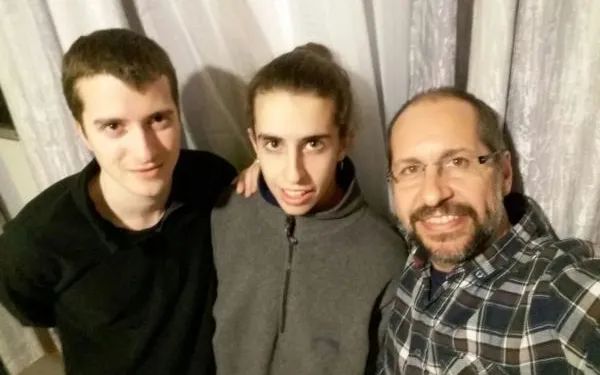
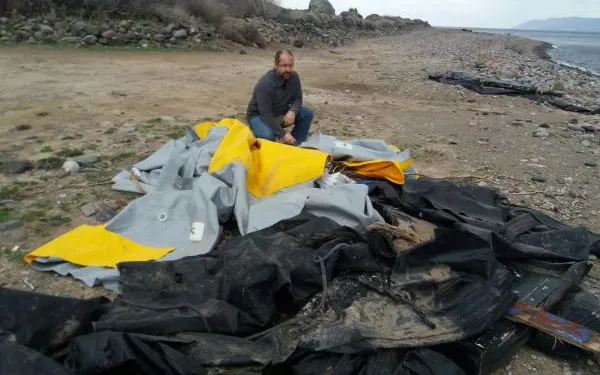


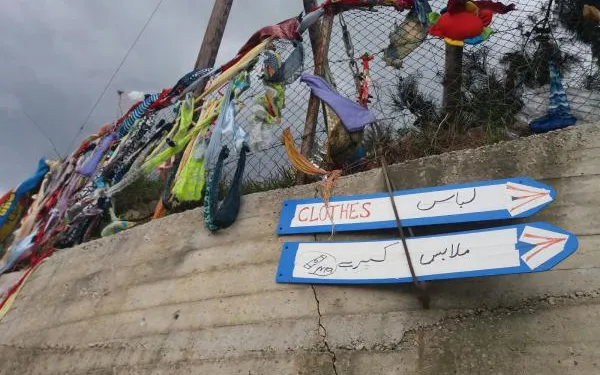
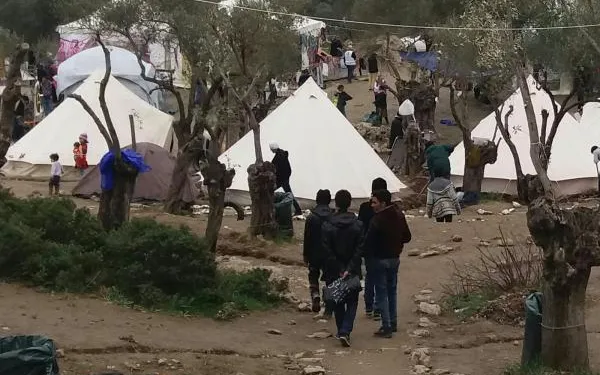
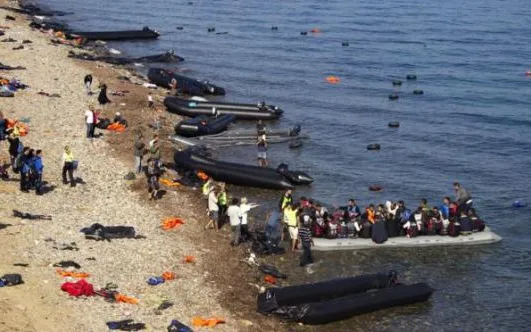
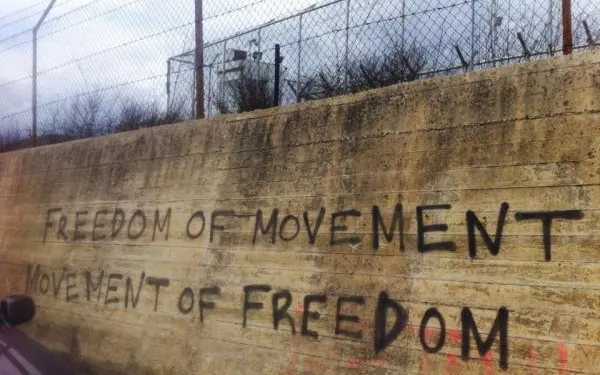



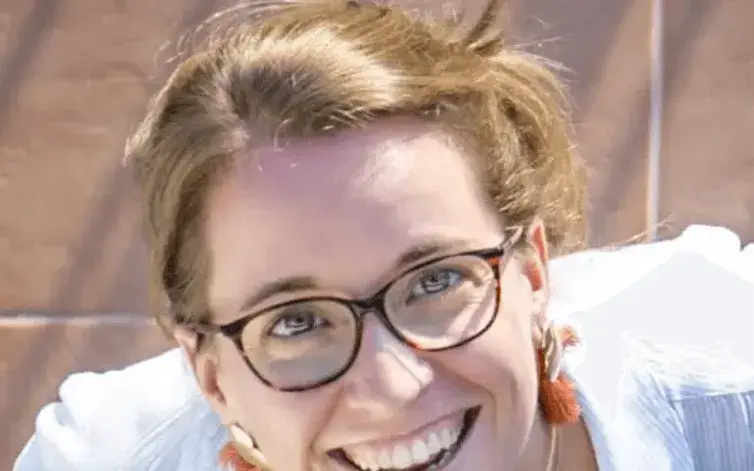
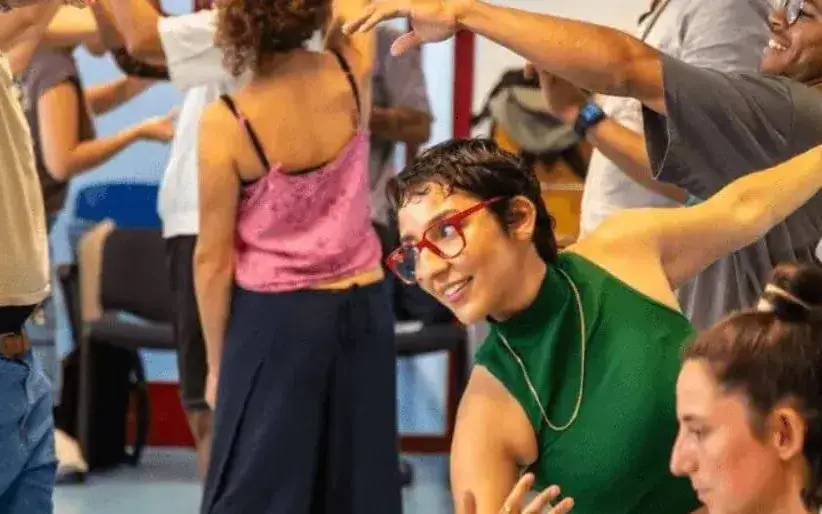

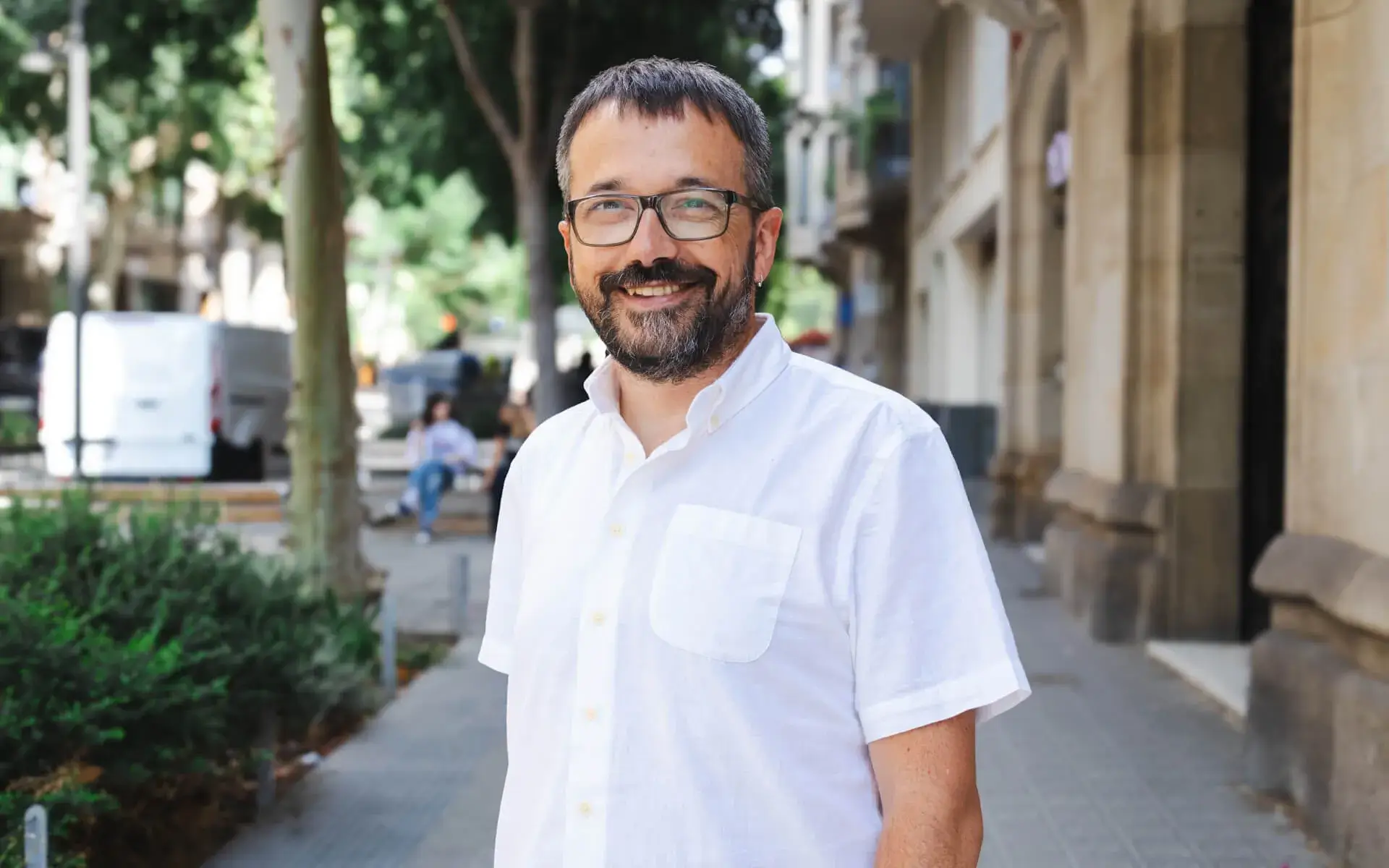
Add new comment